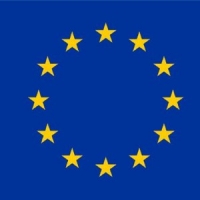Need advice? Call our experts free on
0800 090 1342
EC outlines technical rules for 4G broadband services
The administration has issued guidelines on the use of the 900MHz and 1,800MHz spectrum bands.

The guidelines govern how the 900MHz and 1,800MHz frequency bands will be used. The EU described the measure as an important step towards increasing the availability of next-generation broadband.
Both of these bands of airwaves will effectively be given over to Long-Term Evolution and WiMAX services, both of which allow larger amounts of data to be processed and transmitted than older forms of mobile broadband technology.
These new rules have been outlined in order to avoid interference being caused to existing 3G and GSM gadgets.
Member states must implement the steps laid out in the commission decision by the end of 2011 and will help countries to achieve the targets set by the Digital Agenda for Europe (DAE).
Under the DAE, basic broadband must be available to every European citizen by 2013, with universal ultra-fast access for all by 2020.
The 900MHz band was reserved for GSM devices - such as mobile phones - in the GSM Directive, which has been in existence since 1987. It was updated in 2009 to allow the frequency to be used for next-generation wireless technologies, initially starting with 3G mobile broadband.
Neelie Kroes, vice president of the EC for the digital agenda, said: "This decision opens the way for the latest 4G mobile devices to gain access to the radio spectrum they need to operate and so further stimulate high-speed broadband services and foster more competition."
Last month, Ofcom - the UK's telecoms watchdog - announced plans for the country's largest ever single auction of additional spectrum for mobile services.
The airwaves, which will be used to provide much-needed capacity for 4G, are due to be sold off in the first quarter of 2012, subject to consultation.
